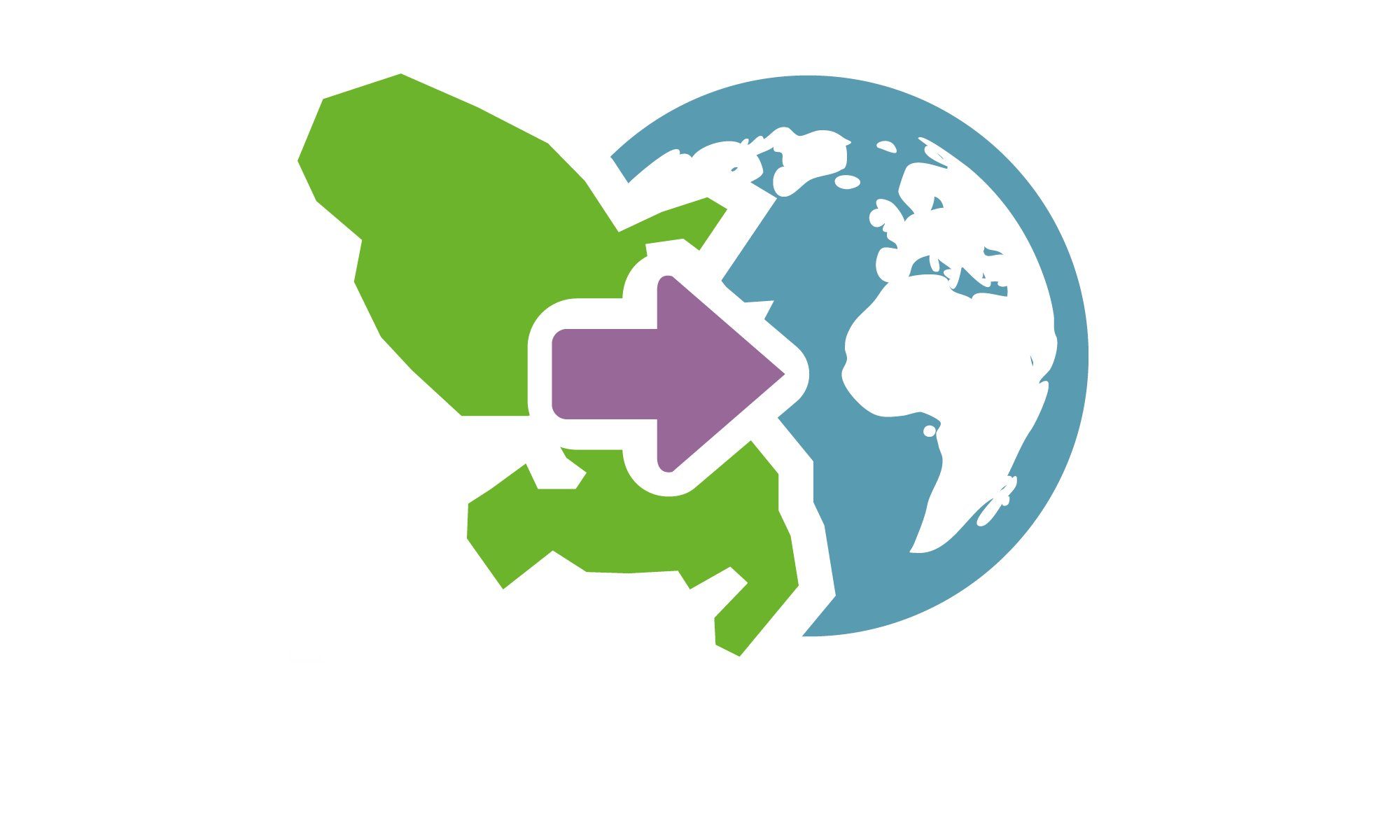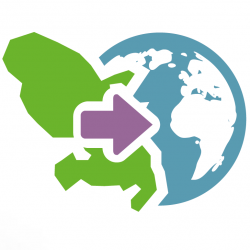1. Let’s go, everyone to the Donkey bay!
| Let’s go, everyone to the Donkey Bay ! | ||
| . | An jenn Alman (A) ka mandé an jennfi ki ka rété Matinik (B) ki manniè i pé alé Lans-a-Làn. | A young German (A) asking a young girl from Martinique (B) how to go to the Donkey bay. |
| A | Eskizé mwen, mwen pou alé Lans-a-Làn. Ki manniè man pou fè ? | Sorry, I need to go to the Donkey Bay. What should I do? |
| B | Sa fasil. Si ou pran isi-a aladésant, ou ka rivé anlè Malekòn-la. Sé laba-a. Ou ka wè’y ? Bato-a sé lot koté lari-a. Ou ka pran prèmié-a ki ka pati a. | That’s easy. If you go down here, you’ll arrive at the Malecon. It’s over there. Do you see it? The ferry is on the other side of the street. (You) take the first ferry that leaves. |
| A | Mèsi anpil. An lot soley. | Many thanks. Bye. |
| B | An lot soley (…) Hm, eskizé mwen, man pé pozé’w an ti kèsion ? | Bye. (…) Hm, excuse me, may I ask you a (tiny) question? |
| A | Pa ni pwoblem. | Of course! |
| B | Ou pa moun isi-a ? | You’re not from here, are you? |
| A | An-an, mwen Alman. Poutji ? | No, I’m German. Why? |
| B | Pas ou ka palé kréyol Matinik. Papa’w matinitjé oben manman’w ? | Because you speak creole from Martinique. Is your father from Martinique or your mother? |
| A | Awa, papa-mwen épi manman-mwen Alman tou lé dé. | No, my father and my mother are both Germans. |
| B | Mwen pa ka konprann. Ki manniè ou fè pou palé kréyol ? | I don’t understand. How can you speak creole? |
| A | Eben… | Well … |
.

